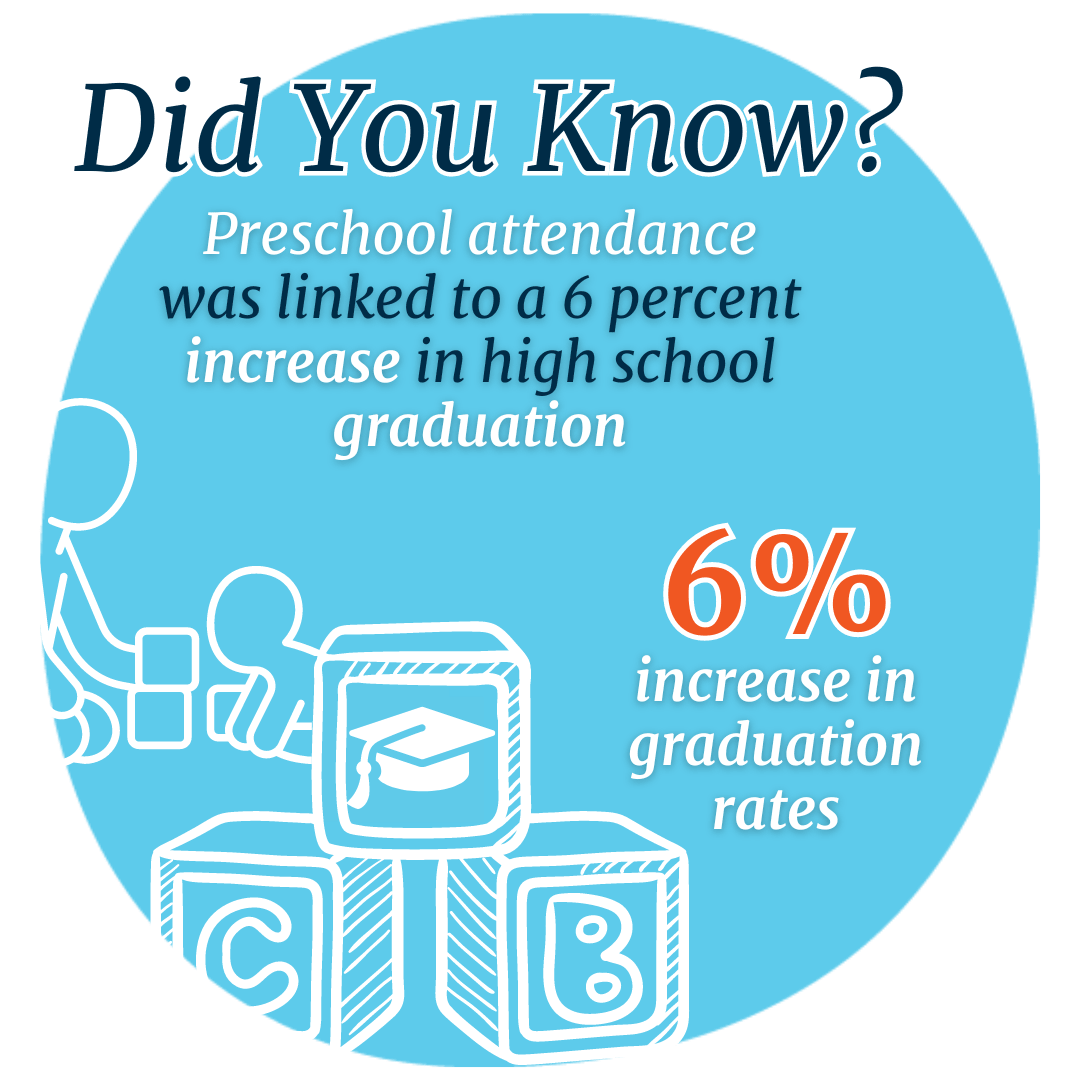A growing body of evidence shows positive benefits to early childhood education experiences, both for the child and society. Children who have high-quality early childhood education experiences are more likely to achieve in school, are less likely to repeat a grade, and are more likely to graduate from high school on time. Later in life, they are more likely to attend a four-year college and own a home and car, and they are less likely to commit crimes. School principals play a key role in ensuring that young children receive the solid educational foundation they need by helping connect early childhood education and K–12 into a seamless continuum and supporting developmentally appropriate teaching and learning practices.
NAESP believes that:
NAESP recommends access to high-quality universal preschool for three and four-year-olds.
Take Action
Advocate for high-quality early childhood education by going to the NAESP Advocacy Action Center and sending a message to your members of Congress.

Source: National Bureau of Economic Research (May 2021).

